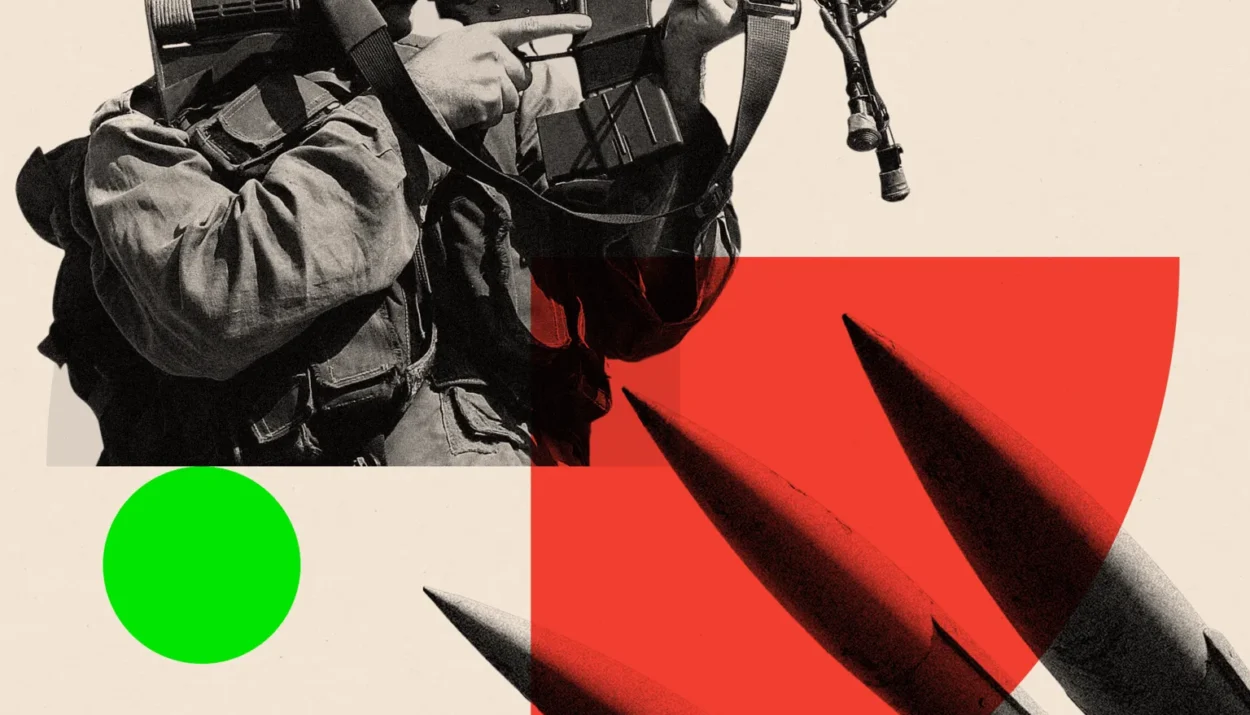The conflict between Israel and Hezbollah, along with the broader escalation in the Middle East, raises significant concerns about regional stability and the possibility of a wider war. Here are key insights from experts on the situation:
Israel’s Long-Term Goals in Lebanon
Israel’s military actions appear to have shifted from merely weakening Hezbollah to a more ambitious goal of neutralizing Hezbollah permanently. Experts like Professor Lina Khatib from SOAS suggest that Israel’s goal has evolved to secure the northern border, but eliminating Hezbollah entirely seems unlikely. Meanwhile, some analysts, such as Dahlia Scheindlin from Century International, warn of a potential expansionist ethos within Israel’s government.
Shifting Power Dynamics
Several analysts, including Paul Salem of the Middle East Institute, note that the balance of power in the Middle East is beginning to shift. Historically, Iran and its proxies (like Hezbollah and Hamas) and Israel have held a mutual deterrence. The events of October 7, however, broke that balance, and Israel is attempting to assert greater dominance in the region.
Impact on Iran’s Nuclear Ambitions
Iran’s support for Hezbollah and its involvement in the conflict raises concerns about its nuclear ambitions. Arash Azizi from Boston University points out that as Iran’s proxies prove less effective, factions within Iran may push harder for the development of a nuclear weapon. This poses a significant risk, as any move toward nuclear weapons would provoke a strong response from Israel, which perceives this as an existential threat.
Spreading Conflict and Gaza
The widening conflict, with Israel now engaged in both Gaza and southern Lebanon, complicates its objectives in Gaza. Dr. Sanam Vakil from Chatham House notes that while Israel has U.S. support, a larger war could strain its resources and divert attention from its campaign against Hamas in Gaza. Furthermore, experts like Yezid Sayigh argue that Israel lacks a clear political aim in Gaza, complicating any long-term resolution.
Potential for Broader Escalation
The risk of a broader Middle East war is real, especially with Iran involved. Javed Ali, a former FBI officer, expressed pessimism about the chances for de-escalation, noting that Israel’s political and military leadership feels it has momentum and is unlikely to step back.
Off-Ramps and Diplomatic Solutions
Some experts, like Bilal Y Saad from Georgetown University, highlight the diminishing prospects for peace with each new escalation. However, Professor Lina Khatib underscores that diplomacy is the only way forward, as military victory is not feasible for any party involved. Ceasefire agreements, humanitarian corridors, and new political frameworks for governing Gaza and southern Lebanon could provide potential off-ramps, but these are unlikely in the near term without major international intervention.
Conclusion
The conflict between Israel and Hezbollah, combined with tensions involving Iran, creates a highly volatile situation with the potential for further escalation. Diplomacy remains the only path to stability, but achieving this will be challenging without significant concessions and international pressure.
The original news is here:










